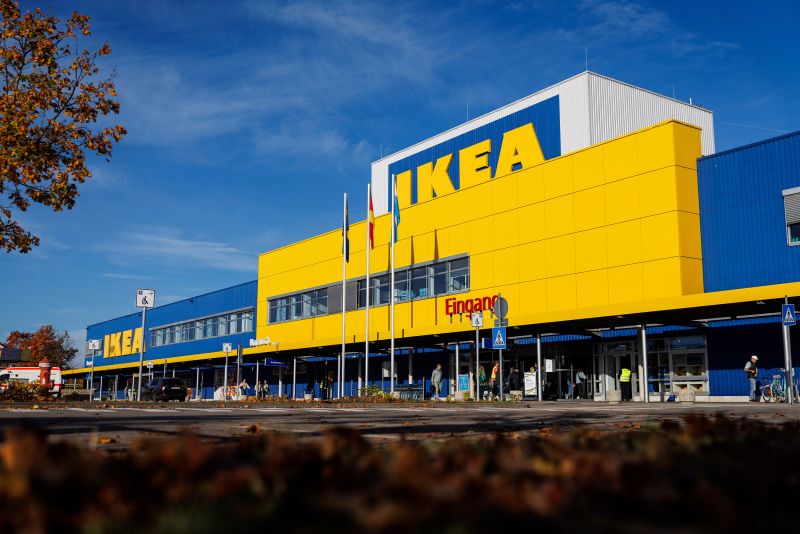
IKEA’s Historic Justice: 6 Million Euros Settlement for East German Prisoners Forced to Build Furniture
In a significant development, IKEA announced that it would be paying 6 million euros as compensation to former East German prisoners who were forced to manufacture furniture for the company during the 1960s and 1970s. This landmark move by the Swedish furniture giant marks a crucial step towards recognizing and rectifying past wrongs committed against individuals who were subjected to forced labor under oppressive regimes.
The atrocities inflicted upon these prisoners, who were essentially treated as slave laborers, have long been a dark chapter in history. The forced labor camps established by the East German government were notorious for their inhumane conditions and brutal treatment of inmates. Many prisoners were subjected to grueling work hours, inadequate food and shelter, and faced severe punishments if they failed to meet production quotas.
By acknowledging the role it unwittingly played in perpetuating this system of exploitation, IKEA has taken a commendable stand in acknowledging its historical responsibility. While the company may not have been directly involved in the abuse of these prisoners, the fact that its products were manufactured within the confines of these labor camps cannot be overlooked.
The decision to offer compensation to the survivors of this dark period is a step towards providing some measure of closure and justice to those who suffered immensely under such circumstances. It is a gesture that speaks to the company’s commitment to upholding ethical business practices and promoting human rights.
Moreover, IKEA’s willingness to confront its past and make amends sets a positive example for other corporations to follow suit. It underscores the importance of corporate accountability and the need to address historical injustices, even if they occurred many years ago.
Moving forward, this move by IKEA should serve as a catalyst for deeper reflection and action within the corporate world. Companies must recognize the impact of their operations on society and strive to ensure that such injustices are never repeated. By taking responsibility for its past actions and offering restitution to the victims, IKEA has shown that it is possible to confront difficult truths and pave the way for a more just and equitable future.
